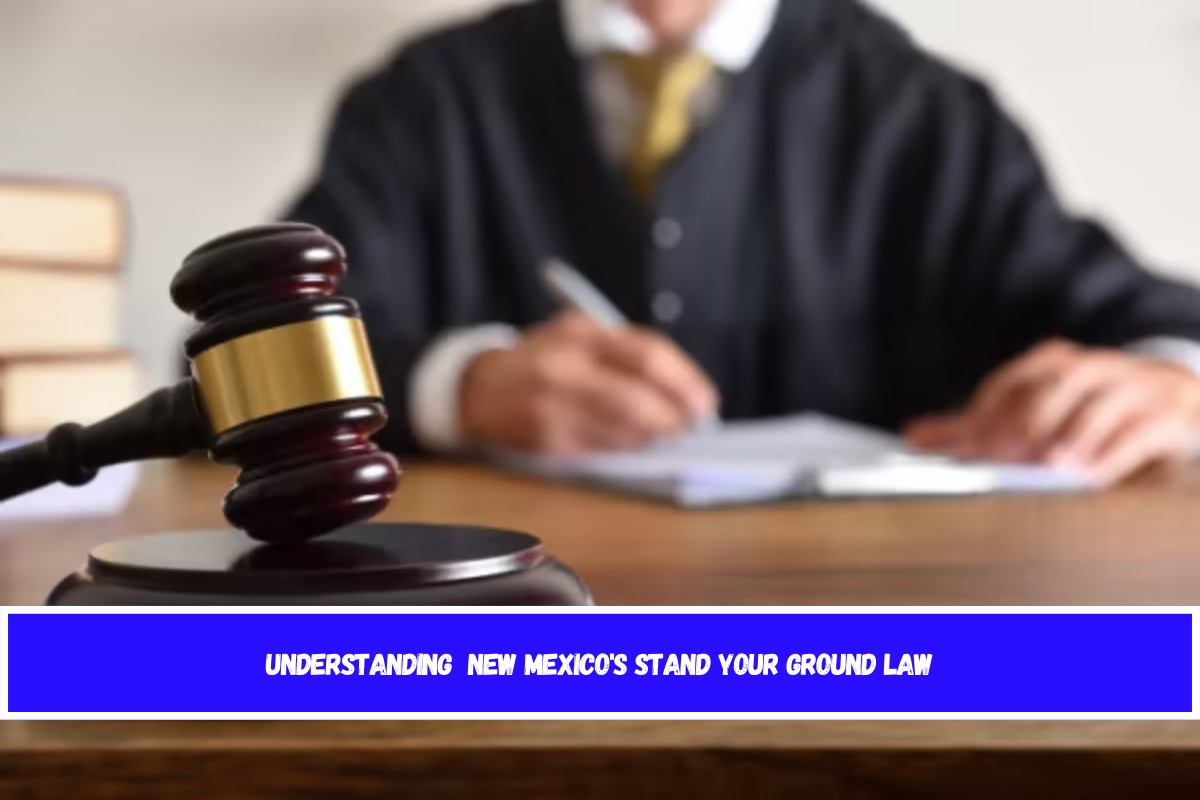Nevada has specific rules and procedures for senior citizens renewing their driver’s licenses. These are designed to balance the independence of older drivers with public safety considerations.
Renewal Frequency and Age Requirements
- Drivers aged 65 and older must renew their licenses every four years, compared to every eight years for younger drivers.
- The expiration date is printed on the license, and the DMV sends renewal notices, but seniors are responsible for renewing on time.
Renewal Methods
- Seniors aged 65–70 may alternate between in-person and mail renewals.
- Once you turn 71, you can no longer renew online; renewals must be done in person or by mail, but you must alternate between these methods.
- In-person renewal is required at least once every eight years.
Vision and Medical Requirements
- A vision test is mandatory at every renewal for drivers aged 71 and older.
- The DMV can conduct the test for free, or you may submit an Eye Examination Certificate from a licensed physician or optometrist (exam must be within 90 days of renewal request).
- Written or road tests are not automatically required based on age but may be mandated if there are medical concerns or a problematic driving history.
- The DMV may require a medical examination if there are concerns about your physical or cognitive ability to drive safely, often triggered by accident history or reports from family or law enforcement.
Restrictions and Special Conditions
- The DMV can impose license restrictions, such as requiring corrective lenses, limiting driving to daylight hours, or mandating annual vision or medical exams.
- Restrictions are based on individual medical or vision conditions, not age alone.
Reporting and Re-Evaluation
- Family members, law enforcement, and medical professionals can request a re-evaluation if they believe a senior is unsafe to drive. This may require medical documentation and could lead to additional testing or restrictions.
Fees and Documentation
- Seniors benefit from reduced renewal fees: $17.25 for a four-year renewal (compared to $22.50 for those under 65).
- Required documents include proof of identity, residency, and, if applicable, medical or vision certificates5.
Disabled Parking Placards
- Seniors with impaired mobility may apply for disabled parking placards or plates with proper medical certification.
Summary Table: Key Points for Nevada Seniors
| Requirement | Age 65–70 | Age 71+ |
|---|---|---|
| Renewal Frequency | Every 4 years | Every 4 years |
| Online Renewal | Possible | Not allowed |
| In-Person Renewal | Required at least once every 8 years | Required, must alternate with mail |
| Vision Test | At renewal | At every renewal |
| Written/Road Test | If medically indicated | If medically indicated |
| Reduced Fee | Yes ($17.25/4 yrs) | Yes ($17.25/4 yrs) |
| License Restrictions | Based on need | Based on need |
Practical Tips
- Schedule your renewal appointment early, especially if planning travel.
- Bring all required documents, including any medical or vision certificates.
- If you have experienced recent medical issues or accidents, be prepared for possible additional testing or restrictions.
- Keep your address updated with the DMV to receive timely renewal notices.
Nevada’s senior license renewal process is designed to be straightforward, with extra checks to ensure continued driving safety while maintaining independence for older adults.
SOURCES:-
[1] https://jcogburnlaw.com/blog/nevada-drivers-license-renewal-for-senior-citizens-and-driving-laws-for-older-drivers/
[2] https://www.nolo.com/legal-encyclopedia/nevada-driving-laws-seniors-older-drivers.html
[3] https://blackburnwirth.com/blog/nevada-drivers-license-renewal-over-70/
[4] https://naqvilaw.com/everything-you-need-to-know-about-nevada-driving-laws-for-seniors-and-older-drivers/
[5] https://westcoasttriallawyers.com/nevada-dmv-renewal-guide-for-seniors















